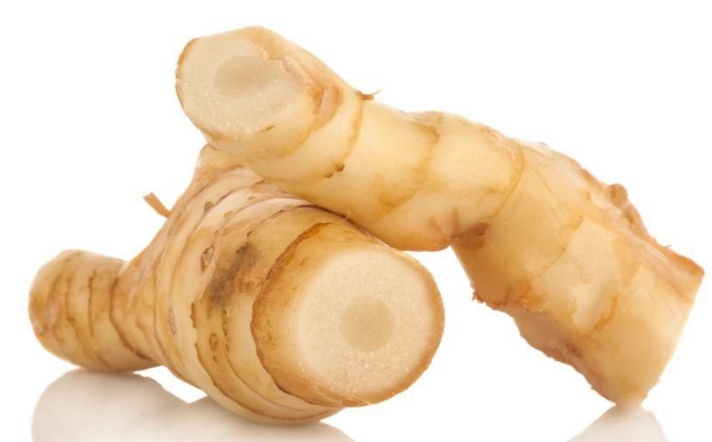Galangal benefits for health
Galangal is a spice originating from South Asia. This herb is similar to ginger and turmeric so people often mistakenly distinguish it. However, galangal has a different taste and nutritional composition.
Galangal contains galangin, beta-sitosterol, quercetin, alpine, and other flavonoids that are good for the body. In addition, this herb also contains vitamin A, vitamin C, iron, dietary fiber, and good carbohydrates. For centuries, galangal has been used in ancient Indian and traditional Chinese medicine. Some of the benefits of galangal for health, including:
- Rich in antioxidants
Galangal is one of the rich sources of antioxidants. Antioxidants can help fight disease and protect body cells from free radical damage. The content of vitamin C, alpine, and galangin in galangal can also help you boost your immune system.

In addition, the polyphenol antioxidants in it are considered to have a positive effect on improving memory, as well as decreasing blood sugar and bad cholesterol (LDL). However, more research is still needed to prove this.
- Reducing inflammation and pain
Galangal is believed to reduce inflammation that can cause disease. This is because the phytochemical content (natural chemical compounds in plants) contained in it. In test tubes and animal studies show that these compounds have strong anti-inflammatory properties.
In addition, galangal is also considered to reduce the pain that is a common symptom of inflammation. In a study for 6 weeks involving 261 people with knee osteoarthritis. 63 percent of those who use ginger and galangal extract every day report reduced knee pain when standing.
- Protect yourself from infection
Essential oils extracted from galangal can fight various microorganisms. Adding fresh galangal to your cooking can also reduce the risk of infections caused by undercooked food. In addition, test tubes show that galangal can kill harmful bacteria, such as E. coli, Staphylococcus aureus, and Salmonella typhi, although the effectiveness between studies varies.
- Increase male fertility
Galangal is believed to help increase male fertility. In an animal study, sperm count and movement increased in rats given galangal extract.
Not only that, in a study for 3 months involving 66 men with low sperm quality, there was a 62 percent increase in sperm movement after being given a daily supplement containing galangal extract and pomegranate. However, more research in humans is still needed to truly prove the effects of galangal on male fertility.
- Supports brain health
Galangal is considered to support brain health because of the antioxidant content contained in it. By reducing beta-amyloid plaque in the brain, this herb can slow down or prevent the onset of neurodegenerative diseases. The disease can cause nerve cell death in the brain which can cause impaired body movements and mental function.
- Anticancer potential
According to a 2016 study published in the journal Nutrients, the main component found in galangal, galangin, has anticancer properties. This study found galangin to be very effective in cases of melanoma, hepatoma, and colon cancer. A tube study also shows galangin can kill cancer cells and prevent it from spreading. Unfortunately, further research is still needed on humans to prove this finding.
The risk of using galangal
Galangal may be safe if consumed in moderation, which is commonly found in cooking. However, you should not consume this herb excessively because it is feared it can cause side effects, especially if consumed in supplement form.
An animal study observed that supplementing galangal at a dose of 2,000 mg per kg of body weight, can cause serious side effects, such as decreased energy, lack of appetite, excessive bowel movements, diarrhea, coma, and even death.
Meanwhile, these side effects do not occur at a much lower dose or around 300 mg per kg body weight. Even so, information about safety and potential side effects of galangal is still limited. Therefore, if after consuming galangal unusual symptoms arise, immediately check yourself into the nearest hospital. Your doctor will make a diagnosis and determine the right treatment for you.